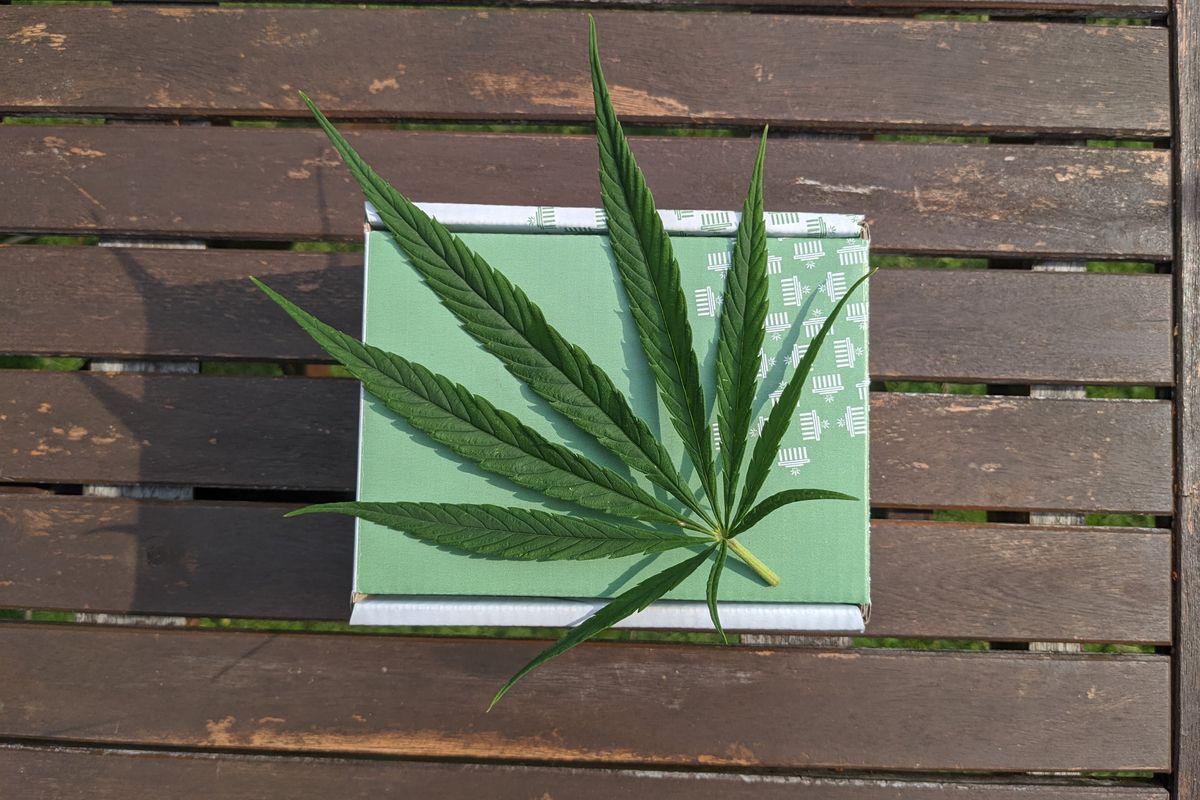Can CBD really combat menstrual pain?
CBD is renowned for its health benefits. But can it actually combat cramping associated with periods?
Cannabidiol, commonly known as CBD, seems to be everywhere these days. With products offering everything from clearer skin to better sex, there's no shortage of CBD products currently on the market. New to the scene is a California-based startup named Foria which is developing CBD-infused products targeted at women's health. Designed with the notion to assist women with everything from menstrual pain to achieving better orgasms, Foria offers a wide range of CBD-laced products, including (but not limited to) lube, lotions, sprays, and marijuana suppositories. Also known as the notorious "weed tampon." Formulated to relieve pain associated with menstrual cramps, Foria's Basic Suppositories are crafted with organic cocoa butter and deliver 100mg of broad-spectrum CBD when inserted into the vagina. Wild, right?
But to fully understand the link between CBD and menstrual pain, it's important to dissect the root cause of menstrual pain. Maybe the answer to why these suppositories are widely regarded among women lies somewhere within that piece of information.
Also known as dysmenorrhea, menstrual cramping is an intense pain that often occurs within the lower abdomen or back due to menstruation. There are two forms of dysmenorrhea, primary and secondary. For women who experience primary dysmenorrhea, pain is often experienced 1-2 days before menstruation and 2-4 days during. For women experiencing secondary dysmenorrhea, menstruation merely becomes painful later on in life. The primary reason this occurs is because in order for the uterus to expel its lining during menstruation, the uterus must contract. This causes hormone-like substances associated with pain and inflammation to trigger the uterine muscles to contract. However, menstrual pain can also be an indicator of a serious, underlying health issue, such as endometriosis or pelvic inflammatory disease.
Now that we have that portion covered, we can move on to how CBD plays a factor. First off, what exactly is CBD? Basically, cannabidiol is the active compound within the cannabis flower which contains numerous therapeutic properties. It's among the hundreds of "phytocannabinoids" that are considered safe and non-addictive. This is probably why CBD is thoroughly explored within countless fields of medicine and continues to be a more efficient alternative to pain relief.
But with unique innovations often comes skepticism, and CBD suppositories are not exempt to an array of skeptics questioning its safety.
"Unfortunately today, cannabis based products - especially in North America - lack strict and regulated production methods," explains Dr. Yotam Hod, CEO of Gynica, a research company dedicated to changing the culture of gynecological treatment. "Only by providing methodologies originating from the modern medical doctrine would allow for safe and efficient cannabis based products."
As for CBD-infused suppositories, Dr. Hod mentions just because a product is manufactured with organic ingredients, it doesn't necessarily make it safer.
"It's related to the production process and the carrier of the ingredients," he expresses. But Foria's team swears by their production methods, claiming that all their products (including suppositories) are thoroughly tested for purity and safety.
In short, there's always going to be a fascination with the unusual and impractical methods of medicine. That's merely human nature. But an impractical method that actually does what it promises, well - that's something worth exploring.

